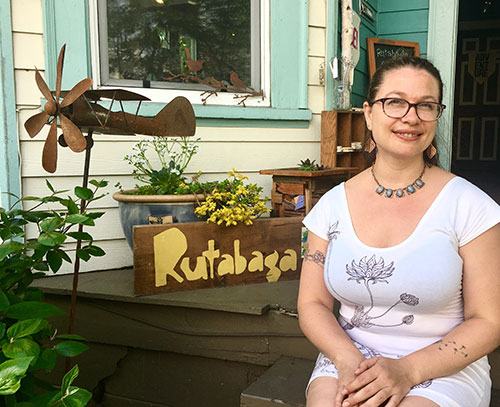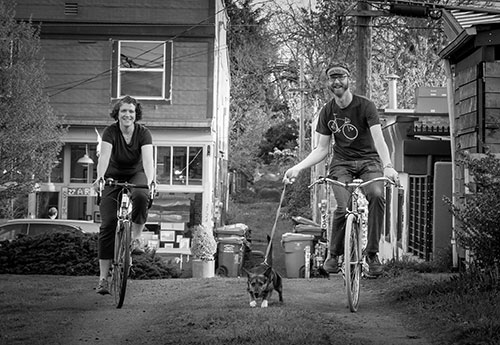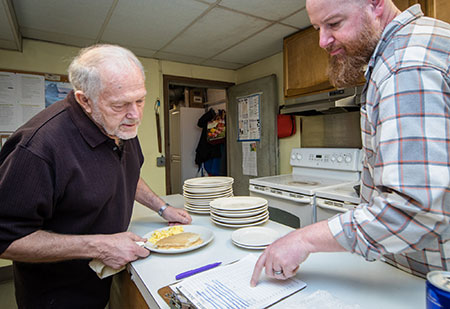The Oregon Air National Guard (OANG) and the Port of Portland will co-host a community “Fly Day” on July 8, 2017 at Helensview High School and you’re invited!
The intent of the Fly Day is to demonstrate the ground track and flight profile of the Continuous Descent Overhead Approach flown by 142nd Fighter Wing aircraft, as well as to answer any questions about this expanded procedure.
The Fly Day event is scheduled for July 8, 2017 from 1PM to 3PM. at
Helensview High School
8678 NE Sumner St, Portland, OR 97220
In the event that the winds and weather necessitate an easterly traffic flow, the location will be moved to the Columbia Children’s Arboretum.
Columbia Children’s Arboretum
10040 NE 6th Dr. Portland, OR 97211
A booth will be set-up at the Helensview school on the afternoon of the event to provide updated information.
For more information about the Continuous Descent Overhead Approach procedure follow the link below:
https://popcdn.azureedge.net/pdfs/Continuous%20Descent%20Fact%20Sheet.pdf
For any other questions contact:
Port of Portland – Noise Management Department
Phone: 503.460.4100 (Oregon) / 800.938.6647 (Washington)
E-mail: pdxnoise@portofportland.com
Web: http://www.portofportland.com/Noise_Mgmt_Home.aspx





